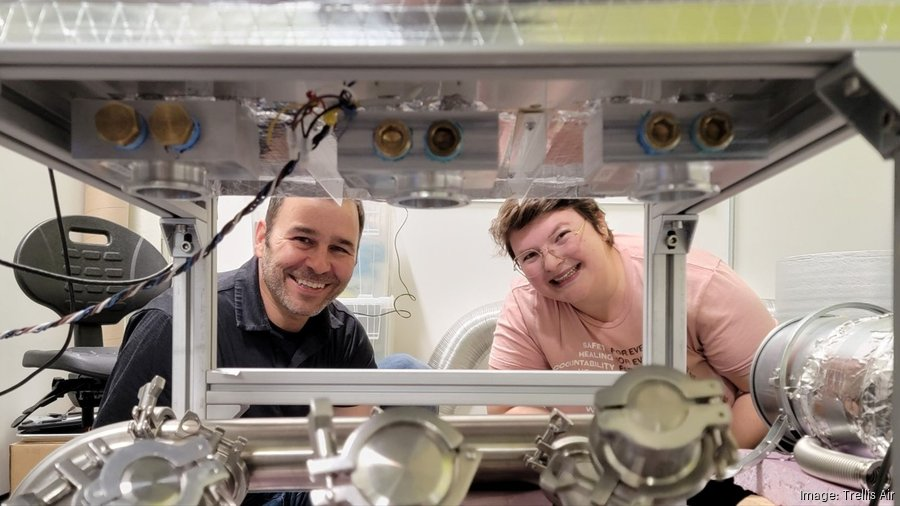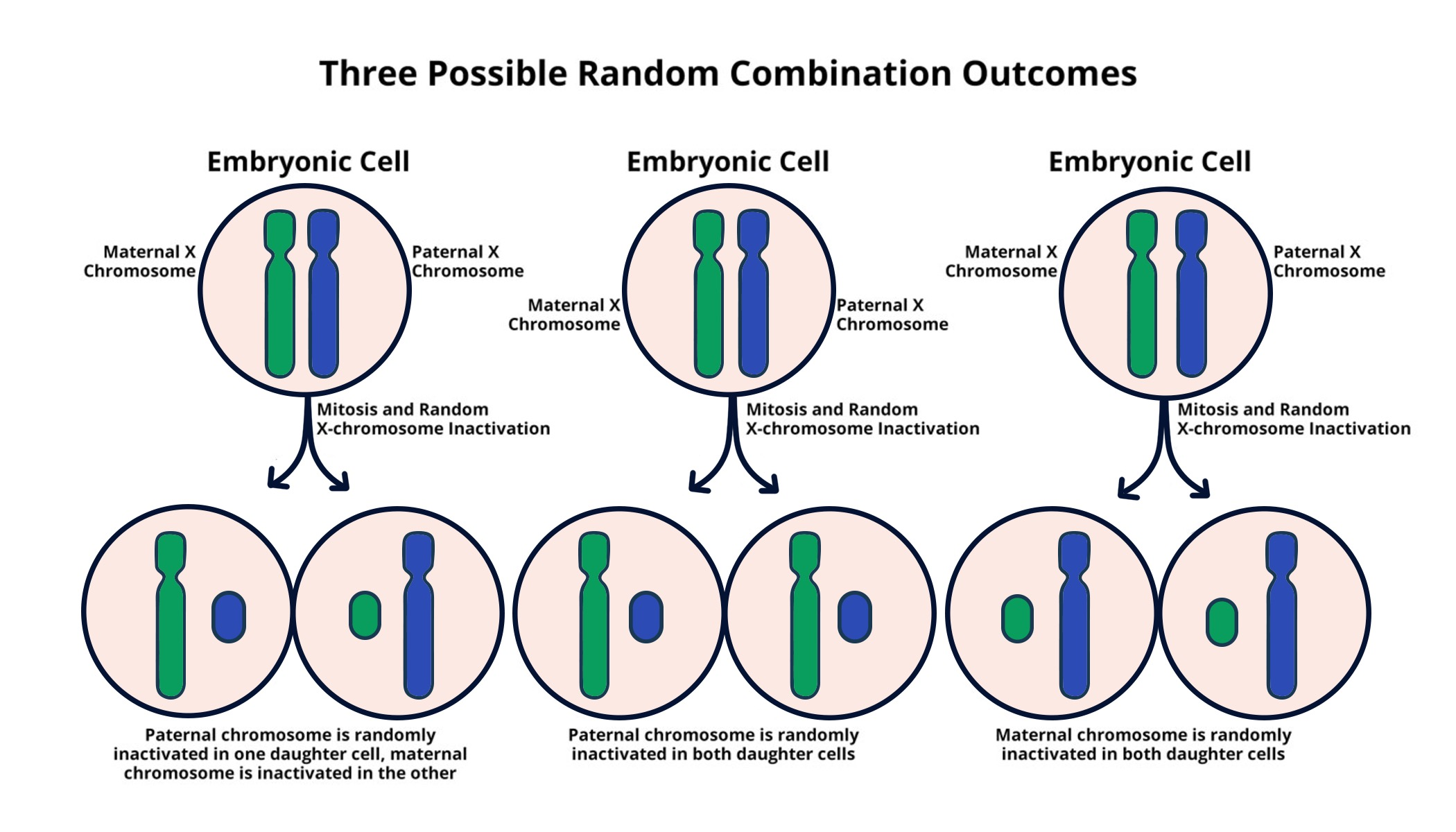Bill Gates AI is rapidly transforming the landscape of technology, a theme resonating deeply in his latest memoir, “Source Code.” As the Microsoft co-founder reflects on his journey from a curious child with a passion for math to a global technology pioneer, he shares insights on the implications of artificial intelligence in our lives. Gates acknowledges the potential benefits that AI brings, such as advancements in medicine and education, but also expresses concern about its rapid development. In his memoir, he emphasizes the importance of curiosity and education, revealing how these principles guided him through the early days of Microsoft and shaped his views on technology. By exploring the intersections of his experiences and AI’s future, Gates inspires readers to think critically about this evolving field and its impact on society.
The exploration of artificial intelligence by Bill Gates unveils a fascinating narrative about technological evolution and personal growth. Known for his foundational role in the rise of Microsoft, Gates offers a unique perspective on the advancements in machine learning and automation. His memoir, “Source Code,” serves as both a retrospective of his early days as a programmer and a commentary on the transformative power of innovation. Through his experiences and reflections, Gates sheds light on critical themes like the fusion of curiosity with education, urging a balanced embrace of new technologies. As we delve into Gates’ exploration of these complex topics, we are reminded of the continuous interplay between human ingenuity and the tools we create.
Bill Gates on the Evolution of Artificial Intelligence
In his new memoir, “Source Code,” Bill Gates reflects on the rapid evolution of artificial intelligence (AI) and its implications for society. As the Microsoft co-founder, Gates has witnessed firsthand the transformation of technology from rudimentary coding to the sophisticated AI systems we see today. He emphasizes that while AI holds tremendous potential to revolutionize industries such as healthcare and education, there are legitimate concerns regarding its unchecked advancement. Gates describes AI as “a little bit scary,” hinting at the uncertainties it brings to our interaction with technology and our reliance on these intelligent systems.
Gates believes that AI can profoundly impact our daily lives, potentially alleviating shortages in critical sectors. He discusses how AI can assist in medical diagnostics, enhance teaching methods, and drive efficiency in various sectors. However, he also stresses the importance of engaging in open dialogues about the ethical considerations surrounding AI development as we venture into this new frontier. By advocating for a balanced approach to AI integration, Gates aims to inspire an ongoing conversation about fostering innovation while ensuring proper safeguards are in place.
Curiosity and Education: Lessons from Bill Gates’ Journey
A central theme in Gates’ memoir is the importance of curiosity and education in shaping one’s path. Gates fondly recalls his youth, characterized by an insatiable thirst for knowledge and the freedom provided by his parents to explore the world of computing. As he navigates through Harvard’s rigorous academic environment, he encounters fellow students who challenge his intellectual capabilities, ultimately humbling him and reinforcing the idea that there is always more to learn. Gates hopes readers will take away the value of allowing young people to experiment and risk failure in their pursuit of knowledge, paralleling his own experiences as a budding programmer.
In advocating for a culture of curiosity, Gates highlights the significance of nurturing innovative thinking in educational systems. He believes that encouraging students to pursue their interests and challenge the status quo can lead to groundbreaking discoveries and advancements, much like the early years of Microsoft. In his memoir, Gates strives to inspire future generations, reiterating that curiosity drives innovation and that education should serve as a foundation for inquisitive minds.
The Role of Curiosity in Tech Innovation
Bill Gates’ journey from a curious Harvard undergraduate to the co-founder of Microsoft underscores the pivotal role that curiosity plays in technological innovation. In his memoir, “Source Code,” he narrates how his early interest in math and computer programming laid the groundwork for his monumental career. Gates discusses how this insatiable curiosity propelled him to explore complex problems, pushing the limits of what technology was capable of at the time. His belief in staying curious about new technologies is a testament to how such an attitude can lead to groundbreaking advancements.
Gates illustrates that curiosity is not limited to mere academic inquiry but extends to practical applications and experimentation in the tech world. He encourages budding innovators to embrace the unknown and take risks in their work, much like he did when he dropped out of Harvard to start Microsoft. Reflecting on his experiences, Gates emphasizes that curiosity can drive individuals to uncover new ideas and solutions, ultimately shaping the future of technology in ways that benefit society.
Lessons from Bill Gates’ Academic Journey at Harvard
In “Source Code,” Bill Gates reminisces about his time at Harvard, where he faced challenges that tested his abilities and broadened his perspective on academic rigor. Gates’ account of tackling the infamous Math 55A and 55B sequences reflects his initial belief in his cognitive superiority when it came to mathematics. However, he quickly discovered that at Harvard, other brilliant minds matched or exceeded his talents. This insight proved both humbling and enlightening, reinforcing the idea that competition can spark growth and push individuals to develop their skills further.
Gates points out that academic institutions play a crucial role in nurturing talent and deepening students’ understanding of their fields. He believes that the increased demand for knowledge in technical disciplines, like computer science, should inspire educational reforms that prioritize creativity and practical skill application. Drawing from his unique experiences, Gates underscores the importance of a balanced education that fosters not just intellectual prowess but also collaboration and resilience among students.
The Early Days of Microsoft: A Journey of Innovation
Bill Gates’ memoir, “Source Code,” delves into the early days of Microsoft, shedding light on the challenges and triumphs that defined its inception. Gates shares anecdotes about his partnership with Paul Allen, highlighting their shared vision and contrasting interests—hardware versus software. This dynamic ultimately fueled their innovative spirit, allowing Microsoft to thrive as a powerhouse in the tech industry. The duo’s journey began with excitement at the discovery of the Altair 8800, a pivotal moment that marked the start of a revolutionary new era in computing.
Reflecting on this formative period, Gates emphasizes the importance of collaboration and being willing to seize opportunities as they arise. He characterizes the early years as a time of synergy, where ideas flowed freely, and experimentation was encouraged. Gates’ insights from this era reveal that the foundations of Microsoft were built on the principles of exploration and adaptability, which continue to resonate within the tech industry today, serving as a reminder of how innovation often emerges from collaboration and a willingness to embrace change.
Navigating the Impact of Technology on Society
During his appearance at Harvard, Gates engaged in discussions about the sociocultural implications of advancing technology, particularly concerning the impact on younger generations. He recounted how Microsoft products were initially seen as productivity tools, emphasizing that technological innovations should be utilized for positive outcomes. Gates acknowledges the transformative power technology holds but warns that it can be misused, leading to anxieties about over-dependence and screen time among youth.
Gates reflects on his own parenting experiences, particularly in limiting his youngest daughter’s exposure to technology, highlighting the careful consideration that must be taken in navigating a technology-driven world. He advocates for a balanced approach to technology, one that encourages critical thinking and responsible usage. Gates’ insights invite a broader conversation about how society can best harness technology while safeguarding against its potential drawbacks, striking a balance that fosters both innovation and responsible consumption.
Enhancing Education Through Artificial Intelligence
As an advocate for improved global education, Gates sees great potential in leveraging artificial intelligence to enhance learning experiences. He discusses the possibilities AI presents in creating personalized learning pathways for students, allowing them to progress at their own pace while receiving tailored support. By integrating intelligent tutoring systems and AI-driven assessment tools, educators can identify students’ strengths and weaknesses, fostering a more effective and individualized approach to education.
Despite his optimism toward AI, Gates also stresses the need for caution and careful development of such technologies. He recognizes that while AI could facilitate improved educational outcomes, ethical implications must be addressed. Gate’s reflections urge educators, policymakers, and technologists to collaborate in ensuring that AI enhances educational equity, rather than exacerbating existing disparities. By prioritizing responsible advancements, Gates aims to inspire a future where AI serves as a powerful ally in expanding access to quality education for all.
Bill Gates: Reflections on Philanthropy and Future Initiatives
Beyond his achievements in technology, Gates highlights the importance of philanthropy in his life, a theme prevalent in “Source Code.” Reflecting on the Gates Foundation’s initiatives, he emphasizes how curiosity and knowledge can lead to meaningful change in global health, education, and agricultural practices. Gates believes that addressing the world’s challenges through a philanthropic lens can empower others to innovate and find solutions to pressing social issues.
Gates’ autobiography serves as an inspiration not only for entrepreneurs but also for those engaged in philanthropic efforts, encouraging them to cultivate curiosity and remain open to new ideas. His belief in curiosity as a force for good resonates throughout his discussions, as he envisions a world where philanthropic endeavors integrate innovative technologies and approaches to alleviate suffering and enhance quality of life globally.
The Importance of Ethical Standards in Technology Development
As technology continues to advance, Gates calls for an unwavering commitment to ethical standards in its development and application. He highlights that the rapid rise of technologies like artificial intelligence poses significant ethical questions regarding privacy, security, and societal impact. In his memoir, Gates emphasizes the responsibility innovators hold in considering the broader implications of their creations and ensuring they contribute positively to society.
Gates encourages an ongoing dialogue among technologists, policymakers, and the public to navigate these complex ethical landscapes. He believes that creating a framework for responsible technology development is essential for fostering trust and collaboration between innovators and users. By championing ethical practices, Gates aims to help shape a future where technology enhances the human experience and promotes a better world for all.
Frequently Asked Questions
What insights does Bill Gates share about artificial intelligence in his memoir, Source Code?
In his memoir, Source Code, Bill Gates discusses the transformative potential of artificial intelligence (AI) and how it can address significant shortages in fields like medicine and education. He emphasizes a positive outlook on AI as a tool for productivity and innovation, while also acknowledging the rapid pace of its development, which he finds a bit concerning.
How did Bill Gates’ experiences at Harvard shape his views on curiosity and education in relation to AI?
Bill Gates reflects on his Harvard experiences in Source Code, emphasizing the importance of curiosity and experimentation in education. He encourages fostering an environment where children can explore new ideas, a principle that ties into how AI can enhance learning by providing personalized educational experiences.
What are Bill Gates’ thoughts on the balance of technology use among young people?
During discussions about technology’s impact on youth, Bill Gates expresses concerns about its excessive use. He recalls his decision to delay smartphone access for his daughter, advocating for a balanced approach to technology—an important consideration as AI becomes more integrated into daily life.
How did Bill Gates integrate his understanding of mathematics and computing in relation to AI developments?
In Source Code, Bill Gates shares his admiration for pure mathematics and how it laid the groundwork for his achievements in software development. He sees a vital connection between mathematical concepts and the advancements in artificial intelligence, which relies heavily on complex algorithms and data analysis.
What does Bill Gates predict about the future of artificial intelligence?
Bill Gates predicts that AI will significantly improve various sectors, including healthcare and education, by easing existing shortages. His vision of ‘free intelligence’ reflects optimism about AI’s capability to solve real-world problems while recognizing the swift advancements in technology that accompany these changes.
| Topic | Details |
|---|---|
| Bill Gates’ Background | Reflected on his childhood, education, and experience with autism spectrum traits. |
| Launch of Microsoft | Dropped out of Harvard to start Microsoft in 1975 after a pivotal moment with Paul Allen. |
| Focus on Curiosity | Emphasizes the importance of curiosity and risk-taking in education. |
| AI Perspectives | Considers AI’s potential benefits but acknowledges its rapid and concerning development. |
| Philanthropy | Active in health, agriculture, and education initiatives globally with the Gates Scholarship. |
Summary
Bill Gates AI focuses on the rapid advancements in artificial intelligence and the concerns surrounding it, as discussed in his recent memoir, “Source Code.” Gates reflects on his life, the inception of Microsoft, and the importance of fostering curiosity in future generations. While he remains optimistic about AI’s potential to solve critical issues like medicine and education shortages, he acknowledges the speed and challenges presented by this technology. Overall, Gates emphasizes a balance between innovation and cautious integration of AI into society.







